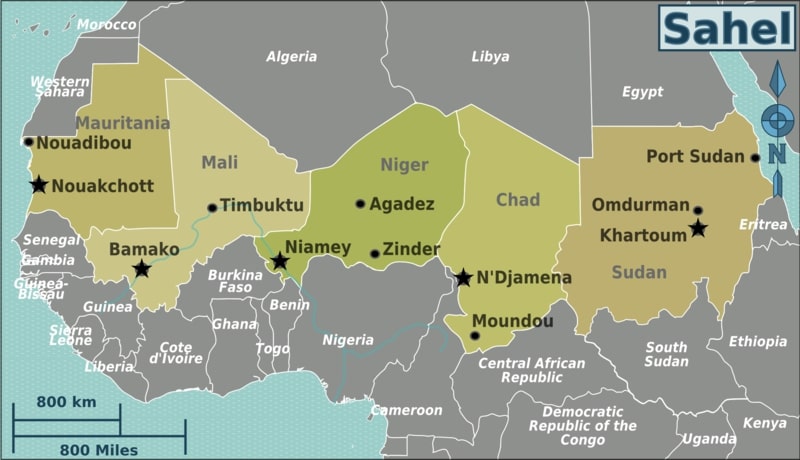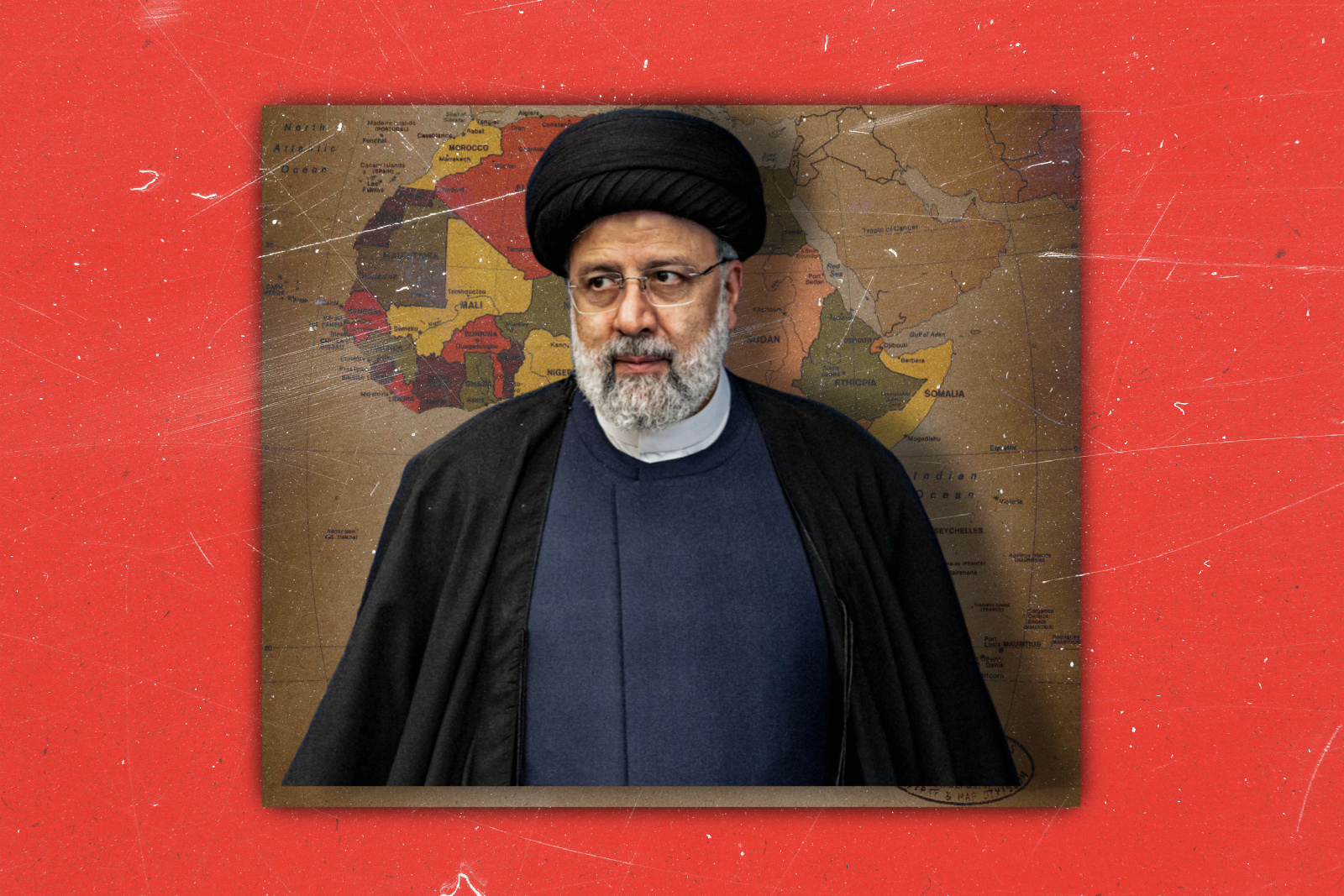


Iranian President Ebrahim Raisi has been focusing on cultivating relations with West Africa, particularly in the face of pressure from the United States [5511a86e]. However, Iran faces limitations in deepening its bonds with West Africa, including economic constraints, geopolitical challenges, and demographic obstacles [5511a86e]. The economic relationship between Iran and West Africa remains weak, with Saudi Arabia and the UAE emerging as more robust trade partners for West African nations [5511a86e]. Iran's sanctions-laden status and other obstacles have hindered significant investments in the region [5511a86e]. Geopolitically, Iran's relations with some West African countries, such as Senegal, have been fraught [5511a86e]. Culturally, Iran has made efforts to convert Muslims to Shiism in countries like Senegal but faces demographic roadblocks and competition from other countries [5511a86e]. Despite recent diplomatic overtures and increased diplomatic latitude for engagement, Iran may need to recalibrate its foreign policy towards a more neutral stance if permitted by the United States and its Western allies [5511a86e].
Iran's influence in the Sahel region is expanding due to political, economic, and military strategies [089e31de]. The Sahel region, encompassing 11 countries in West and North-Central Africa, faces challenges such as population growth, poverty, climate change, and violent insurgencies [089e31de]. Iran aims to enhance its international legitimacy, spread its Shi'ite ideology, increase markets for its exports, and access the region's natural resources [089e31de]. Iran maintains bilateral relations with Sahel countries and engages in counterterrorism, economic development, and education cooperation [089e31de]. The recent wave of coups in the Sahel region provides Iran with opportunities to advance its anti-Western agenda [089e31de]. The perception of Iran's influence among Shi'a communities in the Sahel region varies [089e31de]. Iran employs soft power strategies, including educational, cultural, and charitable initiatives, to extend its influence [089e31de]. Iran's presence in the Sahel region has security implications, including potential proxy conflicts, economic rivalry with the West, sectarian tensions, and the potential for terrorist and extremist factions to establish a presence [089e31de]. Iran is expected to strengthen its presence in the Sahel region through economic partnerships, military assistance, and training [089e31de].
In a recent development, Iran and Niger have agreed on a $56 million deal for Iran to acquire 300 tons of refined uranium, challenging sanctions and agreements designed to prevent Iran from proliferating nuclear weapons [ba9bb37b]. The uranium is produced in mines belonging to the French company Orano in Arlit, Niger [ba9bb37b]. The deal also includes Tehran providing large-capacity generators to address Niger's energy deficit and support agricultural conversion efforts [ba9bb37b]. The agreement has been denied by Niger's Junta government, raising concerns in Washington and Paris [ba9bb37b]. The deal could lead to economic sanctions and political isolation for Niger, which may be using the deal to leverage concessions from other international powers [ba9bb37b]. This development comes amidst shifting alliances and geopolitical tensions in the Sahel region, with Niger's junta expelling French, European, and American forces while seeking support from Russia [ba9bb37b]. Former Iranian President Mahmoud Ahmadinejad's visit to Niger over a decade ago was aimed at purchasing uranium, suggesting that the access to Niger's uranium could be a reward for Iran's military assistance to Russia [ba9bb37b]. The head of the Atomic Energy Organization of Iran dismissed the news of the uranium deal as rumors [ba9bb37b].